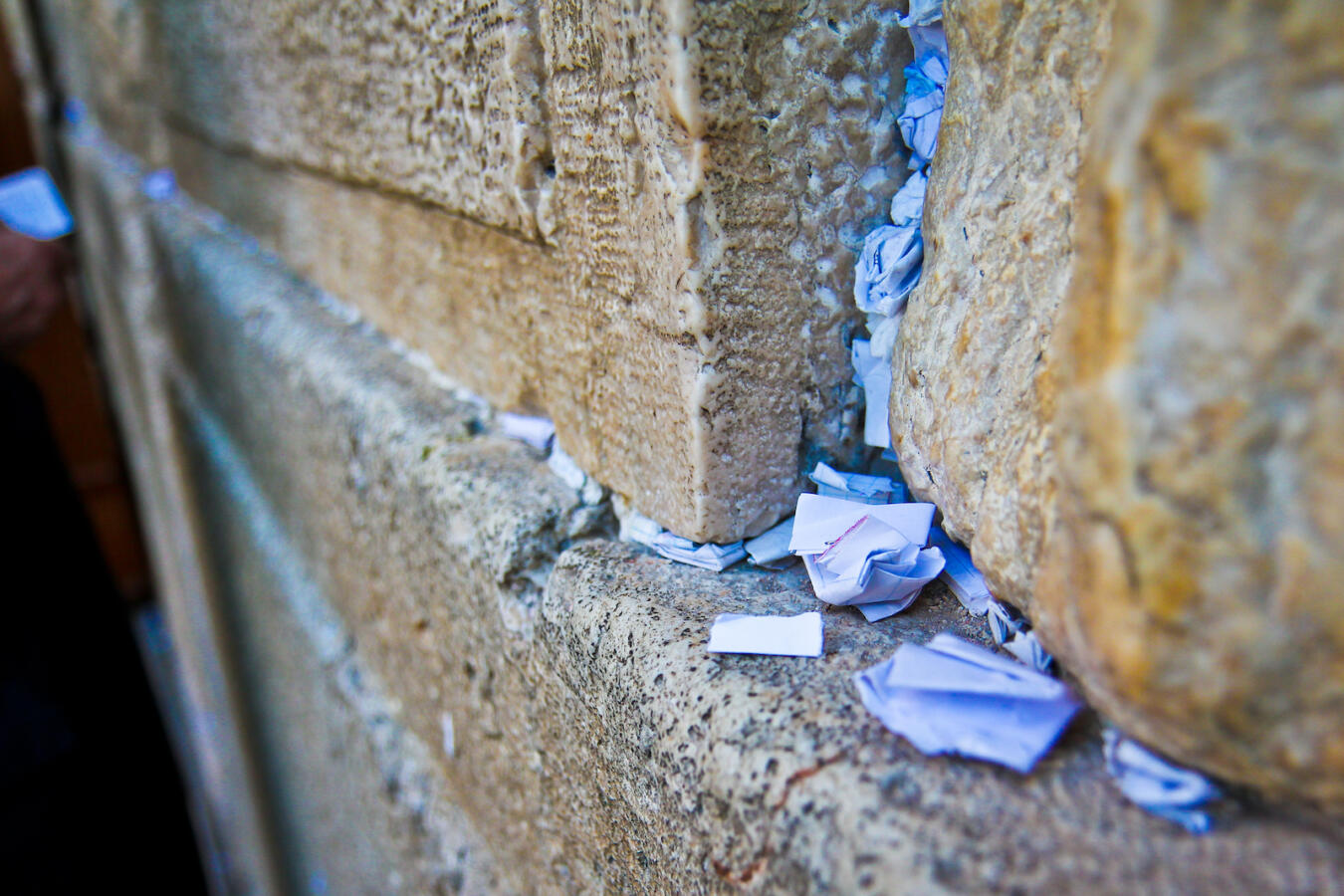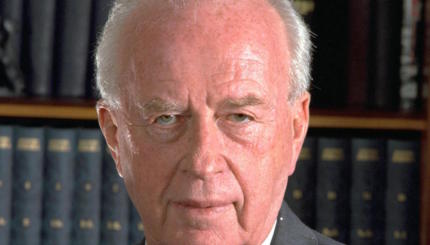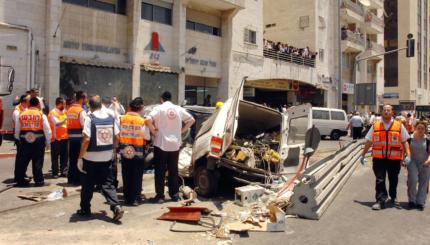Each year, countless notes are stuffed into the cracks of the Western Wall, the last remaining wall of the Temple Mount, the elevated plaza in the Old City of Jerusalem on which the Temple stood. The site is the holiest in Judaism and a tradition emerged centuries ago of placing notes in the wall as a kind of written prayer, a counterpoint to the verbal prayers recited at the wall every day.
The origins of the custom are somewhat unclear, but there is evidence that Jews were engaging in the practice as early as the 18th century. Today, notes are left by people of all faiths, including visiting dignitaries: American Presidents Barack Obama and Donald Trump, French President Emmanuel Macron, and Popes Francis I and Benedict XVI have all placed notes in the wall. Various online services also permit people to compose prayers from afar that are then printed out and placed in the wall. And according to media reports, some mail addressed to God in Jerusalem is delivered to the wall by the Israeli postal service.
So what happens to all that paper?
Twice a year — prior to the Jewish holidays of Passover and Rosh Hashanah — the notes are removed from the wall and taken for burial in the Jewish cemetery on the Mount of Olives, just across the Kidron Valley from the Old City. Because the notes are prayers and often contain the name of God, Jewish law regards them as holy texts that cannot be simply thrown away. They are treated instead like sacred texts that have fallen into disuse and are buried.

Help us keep Jewish knowledge accessible to millions of people around the world.
Your donation to My Jewish Learning fuels endless journeys of Jewish discovery. With your help, My Jewish Learning can continue to provide nonstop opportunities for learning, connection and growth.
The process is overseen by the rabbi of the Western Wall and his staff, all of whom prepare for the task by first immersing in a ritual mikveh bath. They then use wooden poles to gently remove the notes and place them into bags for transport to the Mount of Olives. The notes are not read.
Rabbi Shmuel Rabinowitz, who became rabbi of the Western Wall in 1995 and devoted an entire chapter of his book to the legal questions surrounding the disposal of the notes, has said that there is a question of whether the notes should be burned or buried. In the past, notes left by the graves of prominent rabbis were burned. But Rabinowitz has said that burial is the more honorable way to dispose of notes left in the wall.



